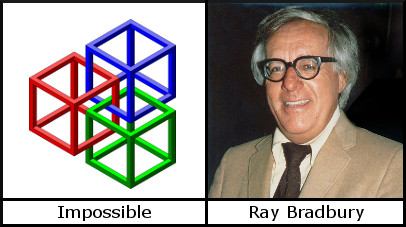Benjamin Franklin? Apocryphal?
Question for Quote Investigator: The renowned statesman and scientist Benjamin Franklin has been credited with two variant statements about alcohol:
1) Beer is proof that God loves us and wants us to be happy.
2) Wine is constant proof that God loves us and likes to see us happy.
I am skeptical because I have not seen a citation. Would you please explore this topic?
Reply from Quote Investigator: Benjamin Franklin sent a letter written in French to his friend Monsieur L’Abbé Morellet (André Morellet) that discussed wine and God. In 1818 William Temple Franklin who was the grandson of Benjamin published a posthumous collection of the statesman’s letters based on the originals. The volume included the French text together with an English translation for the missive, but it did not specify the date. The “marriage in Cana” in the following referred to an event described in the Gospel of John.1 Boldface has been added to excerpts:2
On parle de la conversion de l’eau en vin, à la nôce de Cana comme d’un miracle. Mais cette conversion est faite tous les jours par la bonté de Dieu, sous nos yeux. Voilà l’eau qui tombe des cieux sur nos vignobles, et alors elle entre dans les racines des vignes pour-être changée en vin. Preuve constante que Dieu nous aime, et qu’il aime à nous voir heureux.
We hear of the conversion of water into wine at the marriage in Cana, as of a miracle. But this conversion is, through the goodness of God, made every day before our eyes. Behold the rain which descends from heaven upon our vineyards, and which incorporates itself with the grapes to be changed into wine; a constant proof that God loves us, and loves to see us happy!
The comment on wine was remembered and reprinted repeatedly. The phrasing evolved and was streamlined over the period of nearly two centuries since the above publication.
The variant mentioning beer appeared relatively recently circa 1996, and it was constructed by simply replacing “wine” with “beer”; hence, it was not supported by Franklin’s primordial remark.
Thanks to a forum participant at Snopes and to a volunteer editor at Wikiquote who mentioned the letter above. Also, thanks to top researcher Barry Popik who explored this topic.
Here are additional selected citations in chronological order.
Continue reading “Quote Origin: Beer/Wine Is Proof that God Loves Us and Wants Us To Be Happy”
